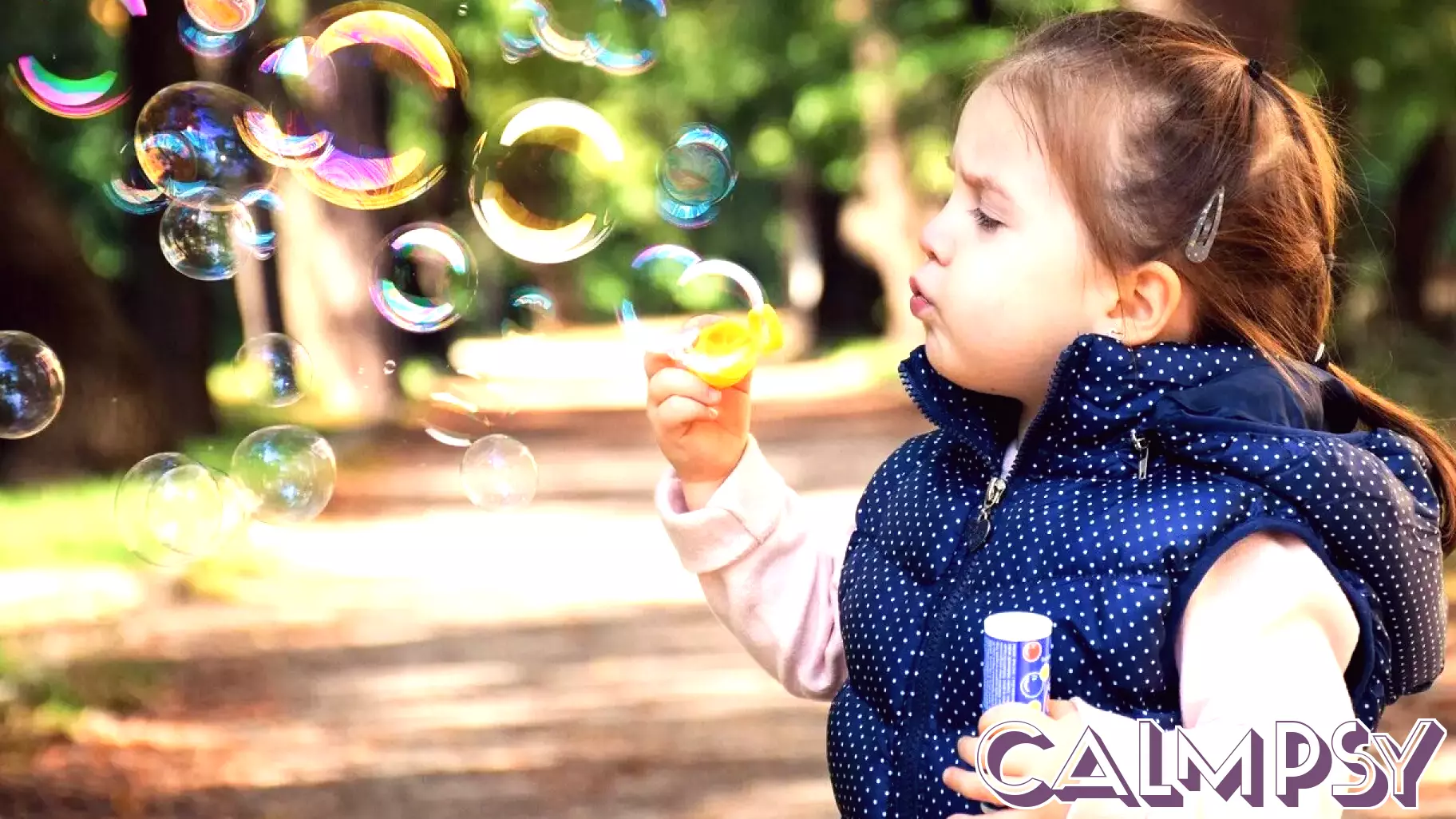Children Absorb Knowledge Even Without Focus, Psychologists Discover
January 17, 2025 - 02:36

Are you a parent or teacher frustrated that the children in your life can't seem to pay attention when you're trying to teach them something? You don't need to be, say psychologists at the University of California, who have made a groundbreaking discovery about how children learn. Their research suggests that children can absorb information even when they appear to be distracted or not fully engaged.
The study indicates that children's brains are constantly processing information from their surroundings, even if they are not actively focusing on a specific task. This means that valuable learning can occur during moments of apparent inattention. The findings challenge traditional views on attention and learning, suggesting that a more relaxed approach to teaching might foster better educational outcomes.
This research is particularly relevant in today's fast-paced, distraction-filled environment. It highlights the importance of creating a stimulating learning atmosphere where children can explore and absorb knowledge in various ways, regardless of their attention levels.
MORE NEWS

February 9, 2026 - 14:46
Love in the Time of ChaosIn an era defined by global tension and personal stress, maintaining strong, loving relationships can feel like a daunting challenge. Yet, experts agree that these connections are precisely the...

February 8, 2026 - 20:24
Psychology says people who grew up without digital reminders often maintain these 9 internal memory systemsModern psychology is shedding light on the sophisticated internal memory systems developed by those who grew up before the ubiquity of smartphones. This generation honed a set of cognitive skills...

February 8, 2026 - 06:59
2 Signs You’re Raising An Over-Sensitive Child, By A PsychologistEveryday stimulation can deeply disrupt some children`s emotional worlds, a reality many parents witness but may not fully understand. This deep emotional and sensory responsiveness is a core trait...

February 7, 2026 - 23:57
Discover Your Personal Truth-Bending StyleWe`ve all stretched the truth at some point, but the way we do it can say a lot about us. According to psychological research, there are distinct styles of bending the truth, each with its own...